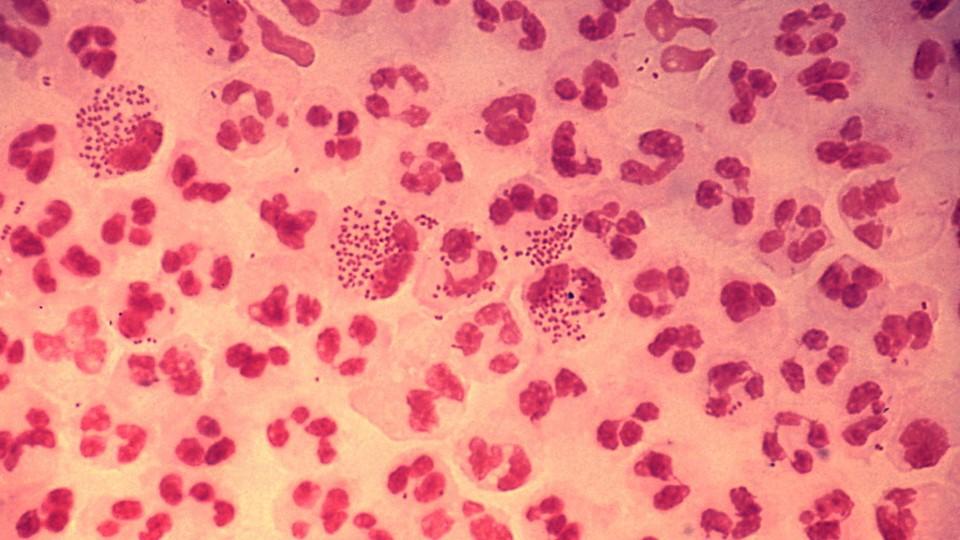FDA fast-tracks GSK’s gonorrhoea vaccine

The FDA has given a fast-track designation to a gonorrhoea vaccine in development at GSK that could help turn the tide of the sexually-transmitted infection, which is on the rise around the world.
The coveted status is for GSK’s NgG vaccine candidate, currently in a phase 2 trial in adults aged 18 to 50 considered to be at risk from infection with Neisseria gonorrhoeae, the bacteria that causes the disease.
Fast-track status is reserved for new drugs and vaccines that aim to treat or prevent serious conditions, for which there are few or no alternative therapies.
Gonorrhoea was diagnosed in 82 million people in 2020 and, according to World Health Organization (WHO) estimates, ranks high among the agency's infectious diseases of greatest concern, as it is rapidly becoming resistant to antimicrobial medicines. In the US alone, case numbers increased 118% between 2009 and 2021, to reach more than 710,000.
Some gonorrhoea infections have become untreatable with all seven main antibiotic classes, so there is a pressing need for effective vaccines that could prevent infections in the first place. Crucially, getting gonorrhoea once doesn’t protect patients from re-infection.
An effective vaccine for N. gonorrhoeae has eluded researchers for decades, mainly because they have targeted structures on the bacterial envelope that evolve rapidly, making it hard to find an antigen mix that has protective efficacy across different strains.
GSK’s NgG shot is based on generalised modules for membrane antigen (GMMA) technology, consisting of outer membrane vesicles (OMVs) that are released from the bacteria during its growth and contain a range of antigens. GMMAs have attracted a lot of interest for their potential to sidestep the envelope variability issue.
Typically, GMMAs have to be engineered so they can be produced in sufficient quantities for vaccination, as well as to strip out any potentially harmful components, like endotoxins.
NgG is now in the phase 2 portion of the phase 1/2 study involving approximately 750 healthy adult subjects in the US, the UK, France, Germany, Spain, Brazil, the Philippines, and South Africa, with a readout expected in 2025.
Meanwhile, some research has found that vaccines against N. meningitidis, designed to protect against meningitis – including GSK’s MenB shot Bexsero – may also offer partial protection against gonorrhoea.
An investigator-led study reported at the recent Conference on Retroviruses and Opportunistic Infections (CROI) in Seattle, involving at-risk gay and bisexual men, found there was a 50% reduction in cases after two doses of Bexsero, although small numbers of patients were involved.
Bexsero is being tested in a phase 3 trial to see if it can prevent gonorrhoea in gay and bisexual men, with results due next year, but a shot more tailored to N. gonorrhoeae itself could offer more protection and find wider use.
The potential impact on public health for a vaccine even with limited efficacy could be significant, according to a modelling study published earlier this year in the journal BMC Public Health.
Routine vaccination of 14-year-olds with a vaccine that offers just 31% protective efficacy could reduce infections by 50,000 cases over 10 years, adding another dimension to the benefits of protecting against invasive meningococcal disease.
Another company working on a dedicated gonorrhoea vaccine is Dutch biotech Intravacc, which secured almost $15 million in funding from the US government last year to advance its Avacc 11 OMV-based shot, which is currently still in preclinical development.













